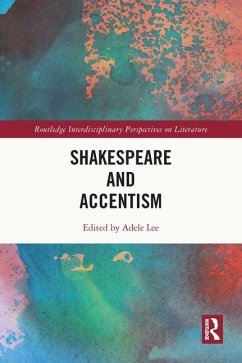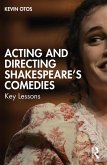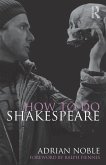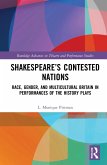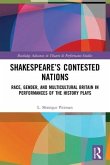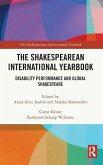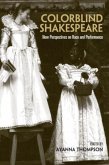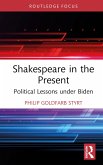This collection explores the consequences of accentism-an under-researched issue that intersects with racism and classism-in the Shakespeare industry across languages and cultures, past and present. It adopts a transmedia and transhistorical approach to a subject that has been dominated by the study of "Original Pronunciation." Yet the OP project avoids linguistically "foreign" characters such as Othello because of the additional complications their "aberrant" speech poses to the reconstruction process. It also evades discussion of contemporary, global practices and, underpinning the enterprise, is the search for an aural "purity" that arguably never existed. By contrast, this collection attends to foreign speech patterns in both the early modern and post-modern periods, including Indian, East Asian, and South African, and explores how accents operate as "metasigns" reinforcing ethno-racial stereotypes and social hierarchies. It embraces new methodologies, which includes reorienting attention away from the visual and onto the aural dimensions of performance.
Bitte wählen Sie Ihr Anliegen aus.
Rechnungen
Retourenschein anfordern
Bestellstatus
Storno

